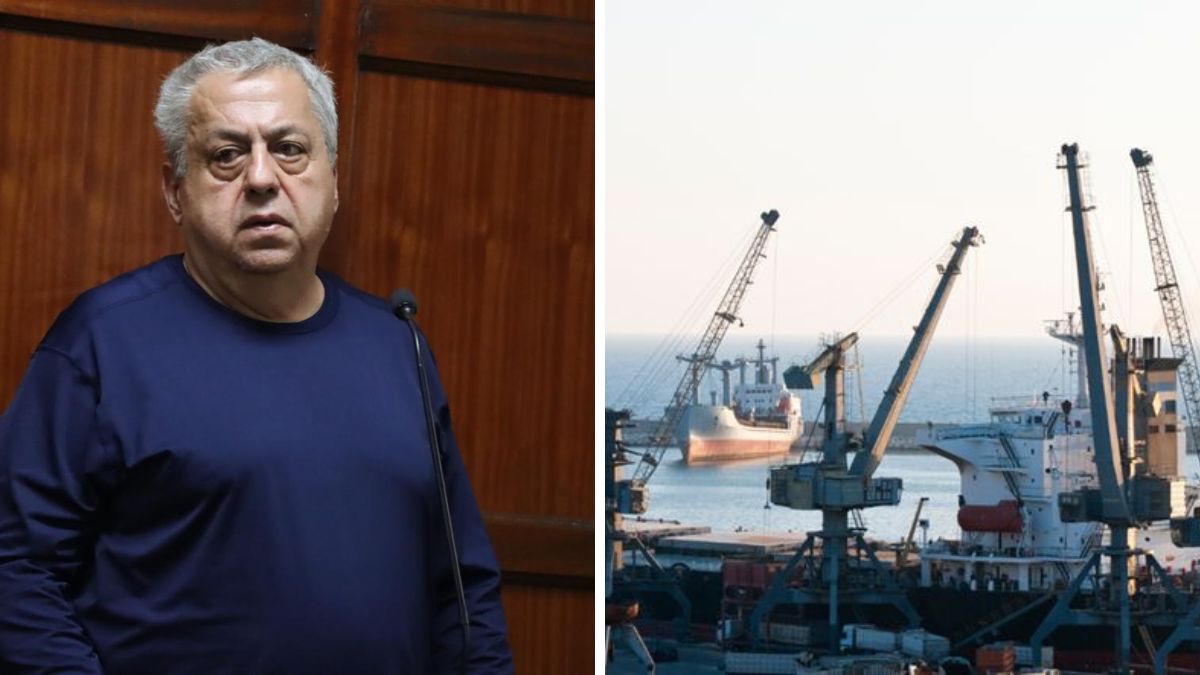How drug cartels in Columbia planned to ship tonnes of cocaine to Syria in exchange for military-grade weapons
 Antoine Kassis, a Lebanese national with alleged ties to Assad’s inner circle, who has been accused in the cocaine-for-weapons deal. (Right) The Latakia port in Syria where the drug was supposed to be shipped | X
Antoine Kassis, a Lebanese national with alleged ties to Assad’s inner circle, who has been accused in the cocaine-for-weapons deal. (Right) The Latakia port in Syria where the drug was supposed to be shipped | X
A recently unsealed indictment in an American federal court has exposed a transnational criminal conspiracy involving Syria’s former regime, Latin American rebels and global drug cartels. The case centres on an audacious plan to ship hundreds of kilograms of cocaine hidden in fruit containers to Syria’s Latakia Port in exchange for military-grade weapons drawn from the stockpile of deposed ruler Bashar al-Assad.
Filed in the Eastern District of Virginia, the indictment outlines a network that spanned Colombia, Mexico, Lebanon, Syria, Kenya, Ghana, Morocco and the United States. First reported by The New York Times, the case details how cocaine produced by Colombia’s National Liberation Army (ELN) would pay for arms previously supplied to the Assad regime by Russia and Iran.
At the centre of the scheme is Antoine Kassis, a Lebanese national with alleged ties to Assad’s inner circle. Kassis appeared in court last week after being extradited from Kenya, where he was arrested in February following an Interpol notice. He faces charges of narco-terrorism and conspiring to provide material support to a foreign terrorist organisation.
According to prosecutors, Kassis and two alleged co-conspirators, Alirio Rafael Quintero and Wisam Nagib Kherfan, struck a deal in the spring of last year. The ELN would send cocaine to Syria, where Kassis would manage distribution in the Middle East. In return, he would provide arms to the ELN, using his Syrian contacts. Quintero and Kherfan, based in Colombia and Mexico, were tasked with laundering the proceeds and arranging logistics for the arms transfers.
Though Assad was toppled in December, Kassis allegedly retained access to the regime’s weapons cache. He is accused of travelling to Kenya to meet an ELN weapons inspector and signing a contract to import a container declared as fruit but actually containing 500kg of cocaine.
Quintero is said to have handled millions of dollars in transactions on behalf of the Sinaloa Cartel and the ELN, transferring cryptocurrency to Kherfan, who converted it into cash. The funds were used to pay pilots in Ghana and Morocco involved in the operation.
Formed in the 1960s, the ELN is Colombia’s largest remaining guerrilla group and has been linked to kidnappings, bombings and violent attacks on civilians. Recent fighting in northeastern Colombia has displaced thousands and heightened tensions with neighbouring Venezuela.
Middle East